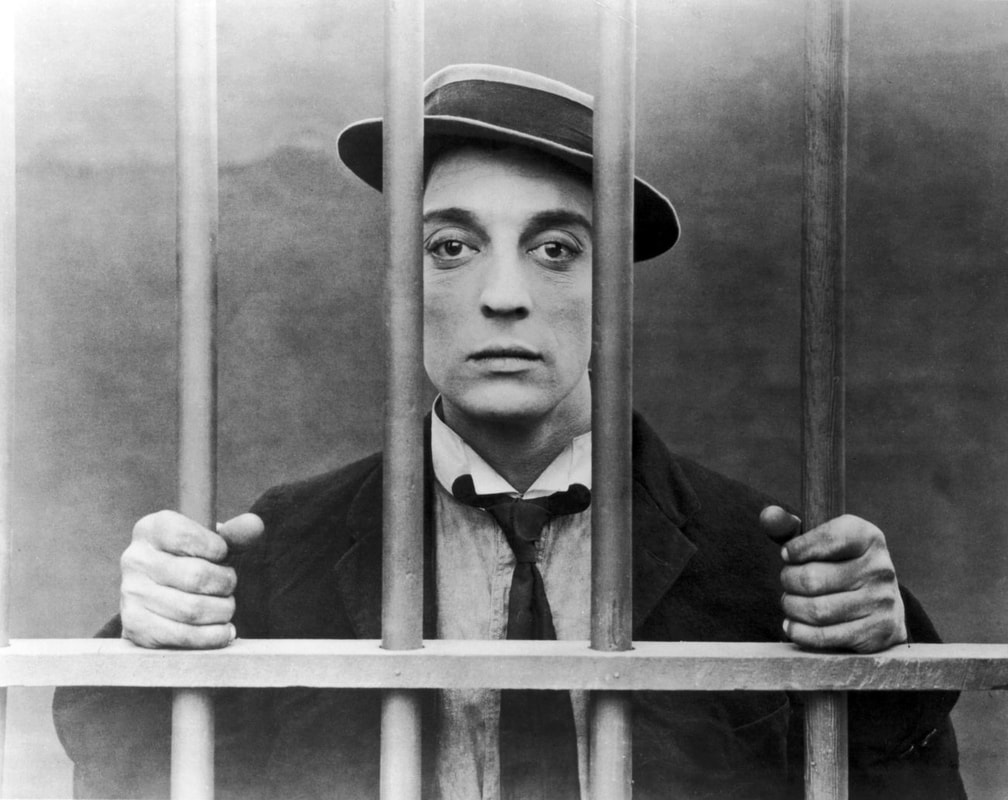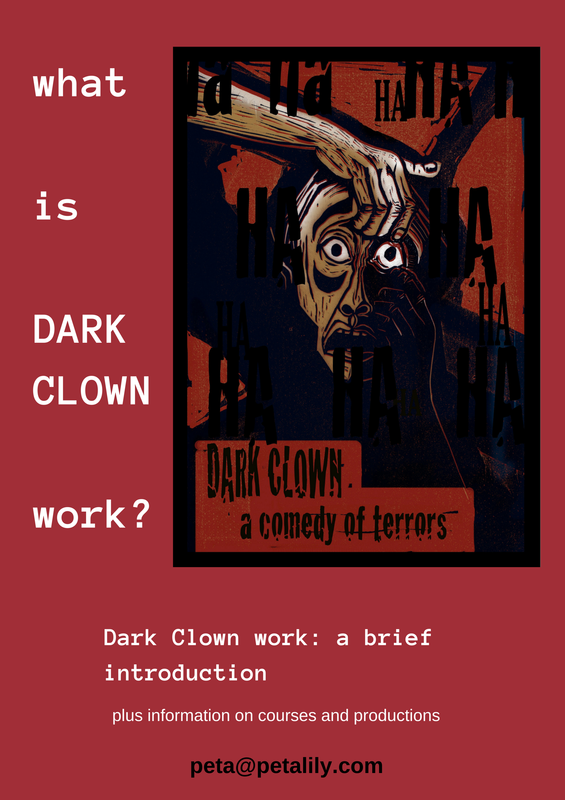Of course a clown can provoke feelings of sadness, pity and wonder, but, as Philippe Gaulier once said: 'A clown is someone who is paid to make the audience laugh.'
When it comes to comedy in general many professional funny men and women succumb to laughter* during film and television takes - usually (but not always) due to something a fellow performer has done. Blooper reels provide ample evidence of this and I remember watching vaudeville as a child and seeing my parents delight in seeing performers taken by something unexpected in the moment.
But the clown is different to a comedian. The clown is um, different in general.
Clowns operate by alternate rules. They inhabit a different state of mind and spirit.
Whether or not they wear the red nose they are a mask, no?
Even hybrid clown / comedians like Jim Carey or Steve Martin stay in state - if they laugh or smile it's at something happening within the reality of the character /clown they have created - see this Steve Martin video.
Occasionally students ask how they can stop laughing at their fellow 'trainee idiots'. Or at the reaction the audience is giving.
It strikes me that a better question is: 'how can I stay more securely in clown state?'. How can I not 'pop' out of clown state?
One answer: practice.
Spend longer in clown state. Immerse. Feel it in your body. Inhabit it.
Feel the differentness to normality and savour that state more.
Enjoy otherness.
Develop a taste for non-plussment.
An investigative / trouble-shooter answer:
We are always surprised into laughter - so, once you are back in your chair after the exercise, ask yourself what surprised you ...
Then - see if you can interest yourself in making your wonder greater than your surprise.
Another version of the 'practice' answer might be: stick with training and have a few substantial failures, then you will have gained some more gravitas. It's natural for energy to run high when you are in a playful group and enjoying your first experience of learning clown.
Another tactic - learn to interest yourself in the audience's experience more than you own. If factors conspire adversely, or if skill is lacking, laughter can evaporate from an audience as quickly as moisture in a desert. Practice humility. Keep your stakes high. When doing an exercise - aim to see the class audience as a real audience, not your classmates on the course.
As the wonderful Avner the Eccentric says in his 15th principle: Be interested not interesting.
Be more interested in what's happening.
Be interested in any audience laughter, not not infected by it.
Be more often in a state of curiousity.
Use the Buddhist story I mentioned in my previous post - adopt the mental attitude of 'I don't know if that's good or bad'.
Other thoughts:
Which bit of your ego can you release?
The wonderful Jeremy Stockwell says that 'nerves' are vanity.
Is excitement at having fun something that you can notice, and release?
Cultivate the joy of not-knowing.
Buster Keaton looks other-worldly in this image. Impossible to read his expression as either despair or hope. It's like a face in a Giotto fresco. A divine mystery. Sublime. That's how it can affect an audience.
But as practitioners, we need to be practical, so let's demystify:
Master Cabaret performer, Compère and teacher Paul L. Martin uses this as his clown mantra: expect nothing, accept everything.
I love it - so Buddhist. Contact your inner existential 'one-flavour'.
If the clown is to be a true mirror for humanity, then they should be as well acquainted with despair and desolation as they are with mirth...
Jeremy Stockwell invites his students to think of the yin yang symbol - there is a seed of tragedy in comedy and vice versa.
Clowns have their own thought process, they are sincere at seeking solutions, but ultimately ready to see all possibility. Circumstances can change on a dime.
Hm what about the Clown in Trickster mode - well, might it be that they are sincere in wreaking chaos, curious to see the results of their actions...? Tricksters exist liminal-ly - also refusing polarised opinions with their mantra 'maybe...maybe not'.
About Buster Keaton's deadpan. His parents had a variety act. they played a couple who fought. They told their son to sit at the edge of the stage, expressionlessly. Water would be spilled amongst all the onstage roughhousing. Keaton's father would pick him up by his braces, and use the boy to mop the floor, then dump him back on his seat.
*It's called 'corpsing' in the theatre.

 RSS Feed
RSS Feed
